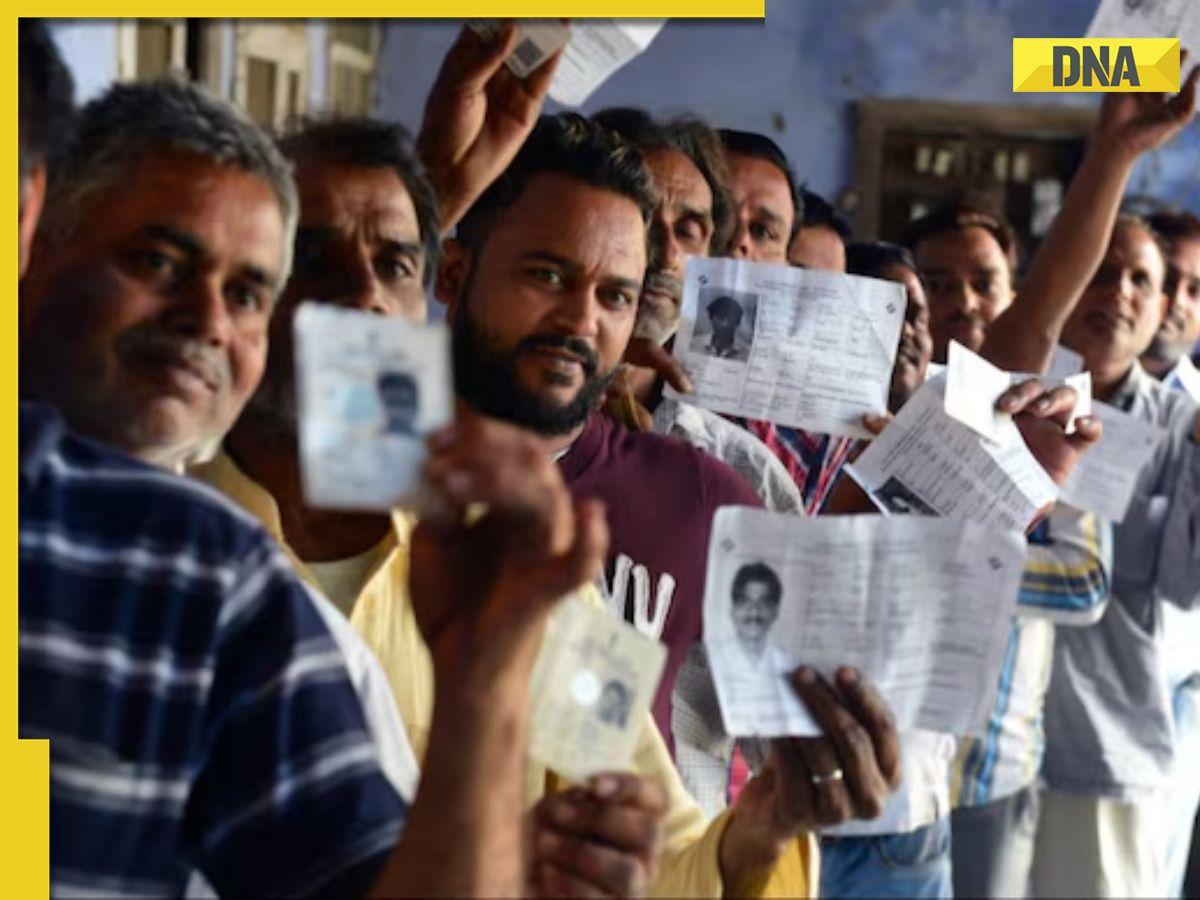
As the largest democracy in the world embarks on its 2024 general elections, the Indian political landscape is buzzing with the organization and anticipation surrounding this monumental event conducted in seven phases between April 19 and June 1. The declaration of the results awaits on June 4, concluding a comprehensive series of casting ballots across the country. Among the constituencies preparing for their decisive day is Pune, constituting a pivotal part of the electoral process in Maharashtra, where the elections are spanned across five phases for its 48 Lok Sabha seats.
This time around, Pune’s voting day falls on May 13, as part of the fourth phase of the election schedule, and presents a substantial political battleground for the contesting parties. Historically, Pune has been a political bastion for the Bharatiya Janata Party (BJP), which has consistently drawn support from the electorate in past elections.
The BJP is entering the fray in alliance with Eknath Shinde’s faction of Shiv Sena, presenting Murlidhar Kisan Mohol as their representative for the Pune seat. Mohol’s candidature signals the party’s assurance in a backdrop brimming with both loyal party followers and the undecided voters crucial to the final tally.
Contrastingly, the opposition’s alliance of Congress, Uddhav Thackeray’s Shiv Sena, and the Sharad Pawar-led Nationalist Congress Party (NCP) has put forth Ravindra Dhangekar as a rival candidate. The coalition will be testing the waters, aiming to infiltrate Pune’s BJP stronghold through a combined political front.
Looking back at the 2019 Lok Sabha elections, the BJP’s Girish Bhalchandra Bapat emerged with a resounding victory, solidifying the party’s presence by amassing a commendable total of 632,835 votes. On the opposing end was Congress’ Mohan Joshi, who while putting up a significant fight, concluded the race as runner-up with 308,207 votes – a numerical testament to Pune’s leanings.
The 2014 Lok Sabha polls also echoed a similar narrative with BJP’s Anil Shirole capturing the Pune constituency by receiving 569,825 votes. Contesting against him was Congress’ Dr. Vishwajeet Patangrao Kadam, who secured 254,056 votes. Such consistent outcomes have served to shape Pune’s political identity, one that candidates in the 2024 election would seek to either perpetuate or, in the ambition of opposition alliances, revolutionize.
In light of these forthcoming elections and past electoral patterns, it remains to be seen whether the voters of Pune will sustain the legacy of BJP dominance or pivot toward a new political chapter with the opposition alliance.
Furthermore, it marks an era where information and engagement are key; the DNA app now offers itself as an accessible portal for the general public to download from the Google Play Store. This platform opens another avenue for the electorate to stay informed and, perhaps, influence the democratic process with their imperative feedback.
As the countdown to the election ticks on, Pune stands on the brink of either reinforcing its existing political orientation or redefining it. The significance of the Pune Lok Sabha constituency extends beyond its borders, as it not only reflects the will of its voters but also hints at the larger electoral mood of Maharashtra, and potentially, of the Indian polity at large.












